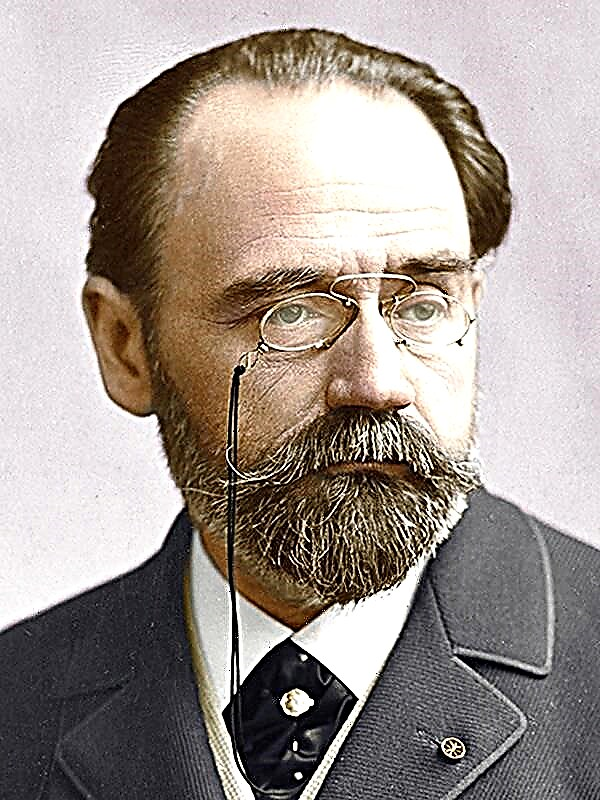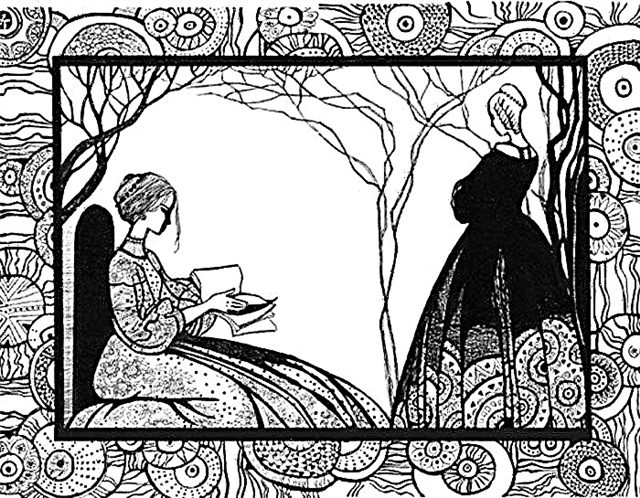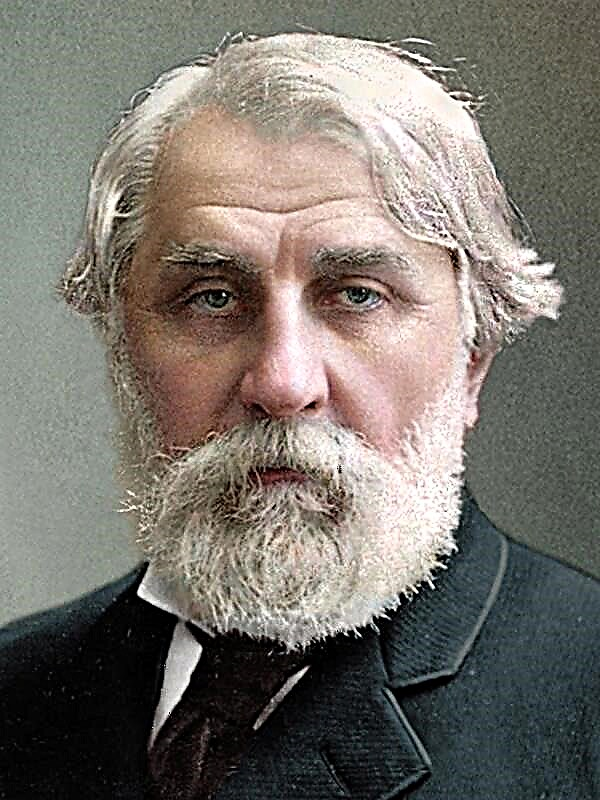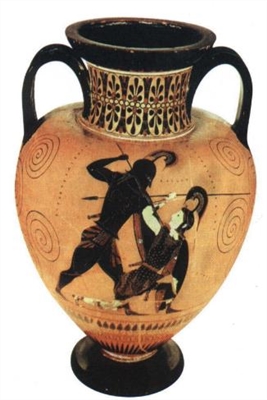“Mtsyri” is the most striking romantic poem that M.Yu. Lermontov wrote at the peak of his creative upsurge, shortly before his death. If you translate the name of the poem from the Georgian language, it becomes clear who will be discussed in the work: “mtsyri” means “non-serving monk”. The decoration is a beautiful, raging element; ice mountain streams; impassable forests and endless steppes of the beautiful Caucasus, which allows the author not only to express his admiration and love for the nature of those places, but also to accurately convey his mood and state of mind.
The poem “Mtsyri” refers to such a literary genre as realism, which means that Lermontov wanted to convey to the reader the fullness and brilliance of the hero’s mental turmoil. The author needed an atmosphere of passion and freedom that embraced the Mtsyri in the wild, it was necessary to convey the strength of his desire to throw off the shackles of the monastery and rush into the so-called “other world”. Therefore, the writer decides to make full use of the descriptions of the hero’s environment and enhance the emotional effect of events in his life due to natural phenomena. He also contrasts the wild steppe, the free expanse of quiet reclusive life in the closed walls of the monastery.
The author does not just divide his poem into two parts, and these parts are clearly not equal. Mtsyri lives in the monastery for several years, but all these years can fit in only a few fleeting chapters, while only three short days spent at large occupy the bulk of the poem and the same significant part in the life of the hero himself. These three days were the most striking events in his life. We can observe how the hero lives a small life during this time, how his character is revealed and he listens more to himself, how he begins to capture his desires and understand his inner world. Lermontov also emphasizes all these changes with the help of nature and the elements that always accompany the described events.
On the first day of his escape, Mtsyri sees a beautiful picture of the world: “lush fields”, “bizarre, like dreams” mountain slopes. This inspires the hero on a long journey, gives him the strength to hope for the best. Seeing these beautiful landscapes, it is impossible for the reader not to fall in love with them, they capture the imagination and make you hold your breath from scope, strength and beauty. The Caucasus has always been associated with freedom among Russian people, and when we read the description of the nature of these places, we begin to understand why. The depth and power of what Mtsyri sees gives him a sense of freedom - a feeling he has been striving for all his life. The distant mountains remind him of his family, it seems to him that somewhere there his family is still waiting for him, and he holds a hope one day to return to his native places, to see his relatives.
On the night when Mtsyri dares to escape, a welding storm rages, but this does not frighten our hero at all. On the contrary, the author thereby emphasizes once again the unity of the hero’s soul with the natural element. We see how Mtsyri’s state contrasts with other monks, how he rebels, how restless his heart is. When he says: “Oh, as a brother / I would be happy to embrace the storm!”, We understand the state of the hero, that he feels how glad he is to finally break free. Further, we are amazed at his courage in the fight with the leopard, Lermontov, describing their fight, writes that Mtsyri is completely surrendered to animal instincts, even “squeals” just like a beast, which once again emphasizes his indivisible state with nature.
We can say that nature in the poem is another character. The hero constantly turns to her, constantly turns his attention to her. And she is transformed under his gaze, becomes alive, even acquires human features. Sometimes we see how nature speaks to him, makes his journey more conscious, poetic: "And the darkness watched the night with a million black eyes."
The way communication takes place between the hero and nature helps us to more clearly understand the views of the hero himself, his internal state. It is amazing how he manages to perceive the landscape in its entirety and totality, without an emphasis on individual details. He looks at a beautiful lively picture and sees only the endless harmony and completeness of all phenomena. Whatever happens, whatever happens, there is a place for this. In this, you can catch the notes of a mature outlook on life. The hero finds in himself the ability to find naturalness and beauty in everything, moreover, he understands that he loves everything that surrounds him: light, and darkness, and day, and night, and cold, and heat, and wind, and earth and water and sky. Nature in its entirety merges with it and reveals to us the whole depth of its inner world.
Nature becomes the “key" that unlocks the door into the depths of his subconscious. He becomes inseparable from her, his “rebellious” heart calms down and is filled with peace and gratitude for the unforgettable life given to him.
To summarize the above, three key roles that nature has in the work of “Mtsyri” can be noted. First of all, the description of natural phenomena and landscapes betrays the poem's affiliation with romanticism. The second role is assigned to the scenery, which the author skillfully uses to convey the mood of the hero, his inner struggle and desire for freedom. Thirdly, with the help of nature, Lermontov draws bright contrasts of states for the reader, creates antitheses: nature and the monastery, the life of the savage and civilization.












